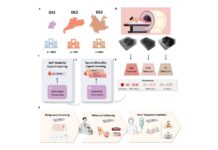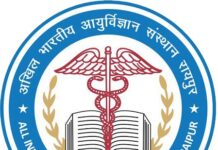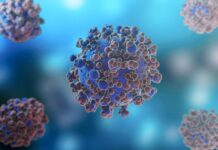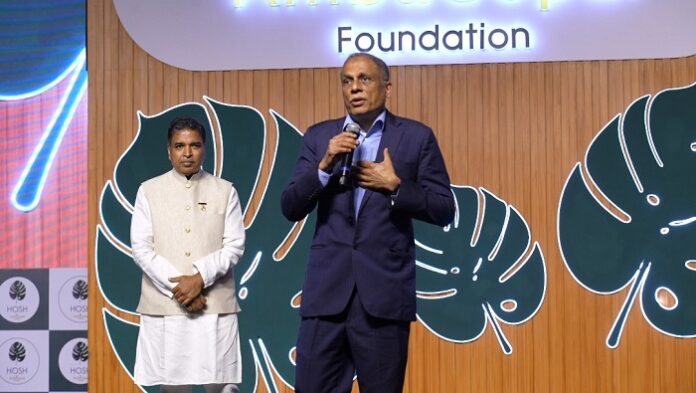Urgent Call to Action from Leading Oncologist
On the eve of World Cancer Day, renowned oncologist Dr. Anil D’Cruz warned about the rising cancer cases in India. Speaking at a high-profile seminar, he emphasized that prevention and early detection are the most effective strategies against cancer. He revealed alarming statistics—one in five men and one in eight women in India are at risk—attributing the increase to unhealthy lifestyles, environmental degradation, and lack of awareness. He urged people to adopt healthier habits, avoid tobacco and alcohol, maintain a balanced diet, and undergo regular health check-ups.
Nationwide Campaign for Cancer Awareness
The seminar, part of the ‘Jagega Bharat Toh Bachega Bharat’ campaign by the Ambagopal Foundation, drew eminent medical professionals, environmentalists, policymakers, and over 2,000 students. Led by philanthropist Dr. Harish Shetty and inaugurated by Union Minister of State for Social Justice Ramdas Athawale, the event underscored the importance of preventive healthcare. Minister Athawale pledged government support for large-scale awareness programs, delivering his message in his signature poetic style.
Major Risk Factors and Preventive Measures
Dr. D’Cruz identified tobacco as the leading preventable cause of cancer in India, responsible for nearly 40% of cases. He called for immediate policy action and urged individuals to quit smoking and chewing tobacco. He also dispelled myths about moderate alcohol consumption, emphasizing its carcinogenic effects. Stressing the need for vaccinations and screenings, he highlighted infection-related cancers like cervical cancer caused by the Human Papillomavirus (HPV). Maintaining a healthy weight and consuming a diet rich in vitamins A, C, and E, along with fiber from fruits and vegetables, can significantly lower cancer risk.
The Role of Diet and Environment
Dr. Subhash Palekar, a Padma Shri awardee and proponent of zero-budget natural farming, linked cancer to poor dietary habits. He criticized the rise of processed and chemically treated foods, advocating for a return to traditional Indian diets with millets, pulses, and fresh vegetables. He also raised concerns about fertilizers and pesticides, emphasizing the need for toxin-free agriculture.
Inspiring Stories of Healing Through Nature
Peter Singh and Nino Kaur, a couple from Delhi, shared their journey of overcoming leukemia by embracing a nature-centric lifestyle. They transformed their home into a self-sustaining mini-forest with over 12,000 plants, purifying their environment and adopting organic living. Through their innovative ‘Aquatonics’ technique, they grow vegetables without soil, using fish compost as fertilizer. Their inspiring story demonstrates that nature plays a crucial role in healing.
Environmental Conservation and Public Health
Water conservationist and Ramon Magsaysay Award winner Dr. Rajendra Singh highlighted the direct link between pollution and rising cancer rates. He lamented the degradation of India’s rivers, particularly in urban areas like Mumbai, where industrial waste has made natural water sources undrinkable. He called for the restoration of the Panchamahabhutas—the five elements of nature—to improve public health.
A Vision for a Cancer-Free India
Dr. Harish Shetty, leading the ‘Jagega Bharat Toh Bachega Bharat’ campaign, urged a nationwide movement for cancer prevention. He proposed renaming February 4 as ‘World Cancer-Free Day’ to shift the focus from treatment to proactive prevention. Advocating for fertilizer-free agriculture, he stressed that clean air, clean water, and clean soil are fundamental rights.
A Collective Effort for a Healthier Future
The seminar concluded with a powerful message—cancer is not inevitable. With conscious efforts in prevention, early detection, and environmental conservation, India can significantly reduce its cancer burden. Every individual has a role to play in building a healthier, cancer-free nation. The time to act is now.
























